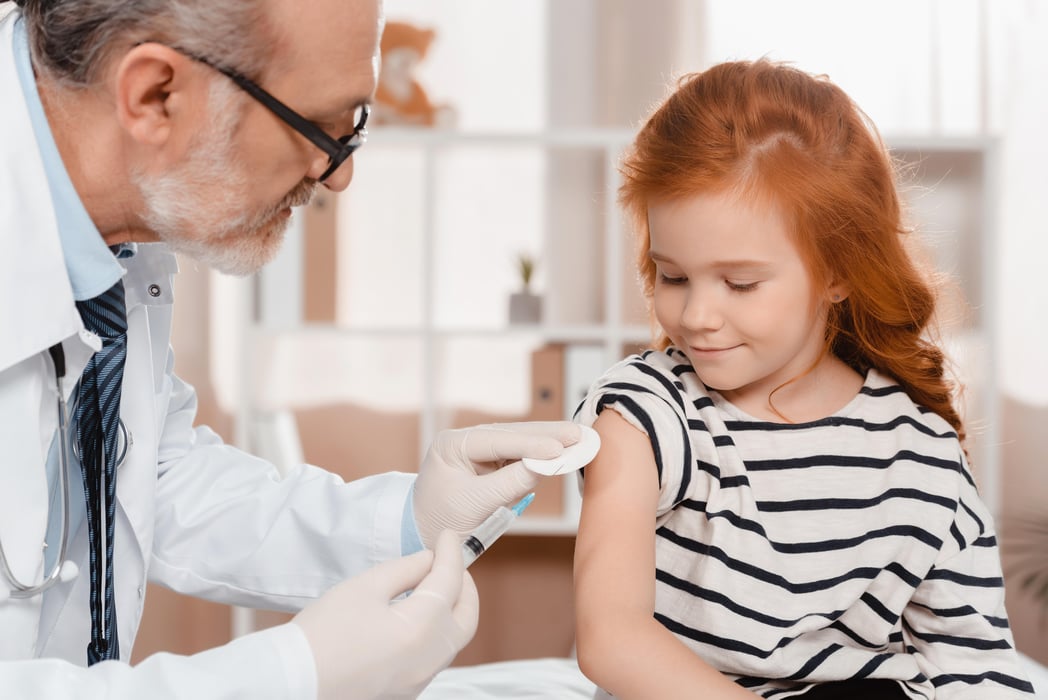Pfizer Says Its Booster Shot Bolsters Immune Response in Those Aged 5 to 11 Years

THURSDAY, April 14, 2022 (HealthDay News) -- Pfizer Inc. said Thursday that its booster shot raised levels of neutralizing antibodies against both the original coronavirus strain and the omicron variant in children aged 5 to 11 years.
The company said in a statement that it would ask the U.S. Food and Drug Administration to approve the emergency use of a booster for this age group "in the coming days." If that authorization is granted, eligibility for booster doses could expand to include 28 million more children. The FDA has typically acted within a month of receiving such requests.
The small study included 140 children who received a booster six months after their second dose. Compared with one month after their second dose, the children had a sixfold increase in antibody levels against the original coronavirus strain one month after receiving the booster, and a subgroup of 30 children had 36 times more antibodies against the omicron variant after the booster than after two doses, the company said. The study, which has not been published or peer-reviewed, did not show how long antibodies lasted or the level of protection against COVID-19.
Now, people 12 years and older in the United States are eligible for at least one booster, and about 30 million people aged 50 years or older are eligible for a second booster. Studies suggest that a booster may be particularly important for children aged 5 to 11 years, according to The New York Times.
The Pfizer vaccine is the only one authorized for use in the United States for those younger than 18 years. One recent study showed that while two Pfizer doses protected children in that age group against serious illness, they provided almost no protection against symptomatic infection, even just one month after the second shot, The Times reported.
"I think a bottom line is that in order to protect from the omicron, we know from studies and from adults and adolescents that you need three doses," Kathryn Edwards, M.D., a pediatric vaccine expert at the Vanderbilt University School of Medicine in Nashville, told The Times. "So I think the FDA will likely approve the third dose for the 5- to 11-year-olds."
Related Posts
La COVID ómicron provoca un crup grave en los niños pequeños
VIERNES, 18 de marzo de 2022 (HealthDay News) -- La variante ómicron de la...
La mitad de los padres de EE. UU. vacunaron a sus hijos adolescentes, pero la adopción se ralentiza
VIERNES, 10 de diciembre de 2021 (HealthDay News) -- Casi la mitad de los...
Químicos PFAS relacionados con la pubertad tardía en niñas
MARTES, 3 de octubre de 2023 (HealthDay News) - La exposición a químicos...
Johnson & Johnson acepta un acuerdo de 8.9 mil millones de dólares en unas demandas por el polvo de talco
MIÉRCOLES, 5 de abril de 2023 (HealthDay News) -- Decenas de miles de personas...
